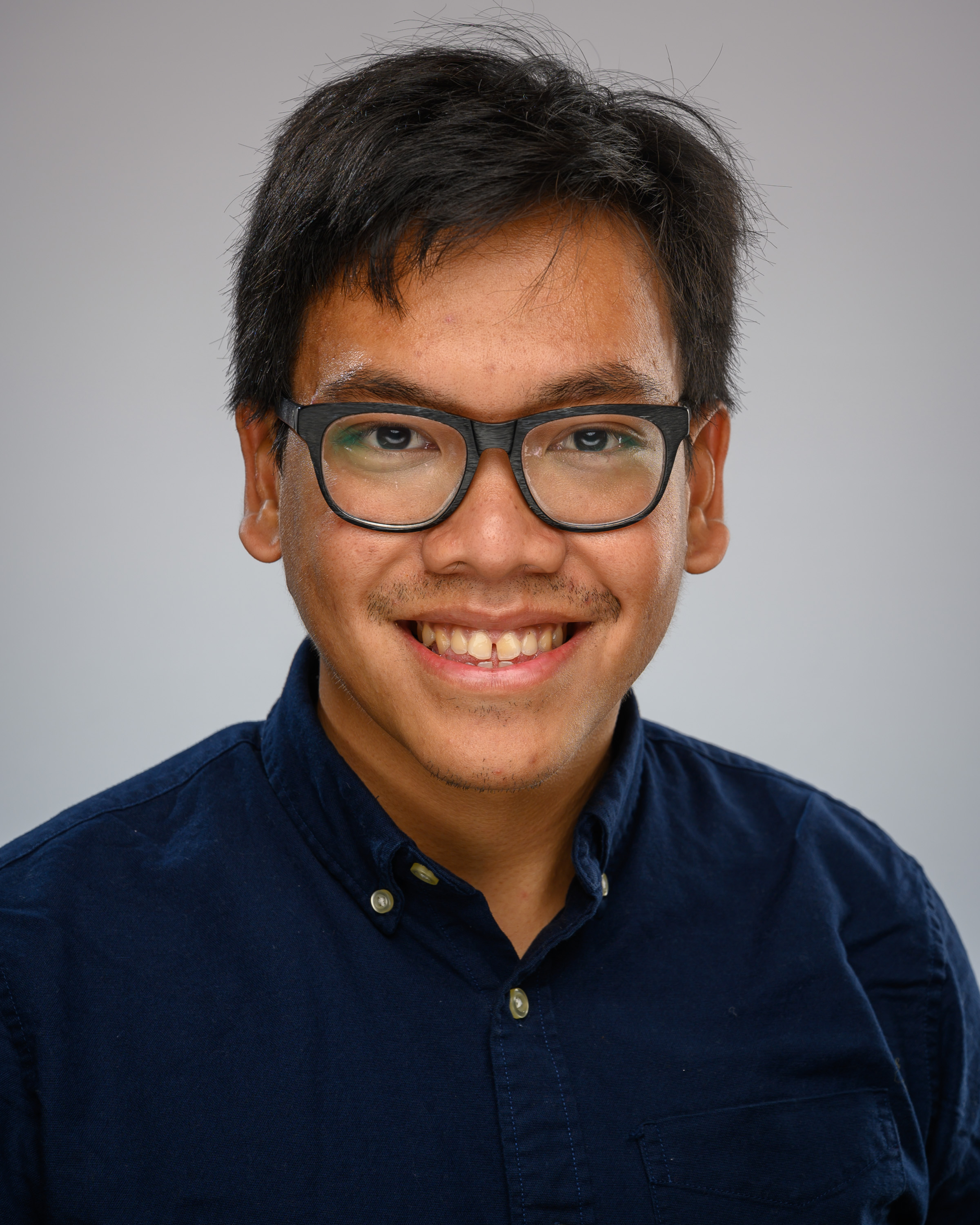
Biography
Rafadi Hakim is a PhD Candidate in Anthropology at the University of Chicago. His dissertation examines how language, gender, and religion shape the ethical paradoxes of exchange in Kupang, eastern Indonesia. His research has been funded by the Fulbright-Hays Doctoral Dissertation Research Abroad (DDRA) Fellowship, the Wenner-Gren Foudnation Dissertation Fieldwork Grant, The Social Sciences Research Center at the University of Chicago, and the Committee on Southern Asian Studies at the University of Chicago. He earned an MA in Anthropology from the University of Chicago and a BA in Sociology and Anthropology with a Concentration in South Asian Studies from Carleton College.
Dissertation: Ethics of Exchange: Gender, Religion, and Democratic Life in Eastern Indonesia
What counts as ethical conduct in a democracy? This dissertation examines how the everyday workings of democracy in contemporary Indonesia are organized and contested in relation to gendered practices of kebersamaan (literally, “togetherness”), which I analyze as the ethical aspiration of reciprocal exchange. My findings suggests that kebersamaan—social relationships maintained through the exchange of words, money, and other resources—serves as infrastructures that undergird democracy’s ethical problems and paradoxes in Kupang, an eastern Indonesian locale. I ask how forms of kebersamaan shape two social roles that have become normatively gendered as roles performed by women: (1) as lay leaders of congregations in the Protestant Church of Timor (GMIT), and (2) as members of local networks of koperasis, not-for-profit microcredit associations. Thus, my objective is to illustrate how these two domains exemplify the ethical paradoxes that characterize gendered forms of inclusion in the world’s third largest democracy. Through a critical assessment of exchange practices and the interactional modalities that accompany exchange, I develop the toolkit necessary to analyze shifting forms of gendered inequality in democracies —a crucial toolkit as democratic societies globally grapple with the ethics of fostering inclusion while facing an unprecedented level of socioeconomic inequality.
 THE UNIVERSITY OF CHICAGO
THE UNIVERSITY OF CHICAGO

